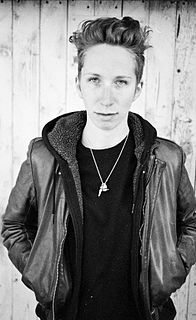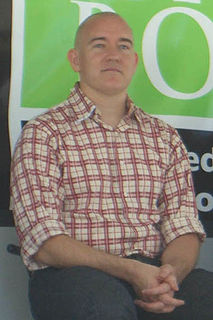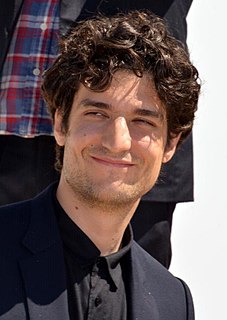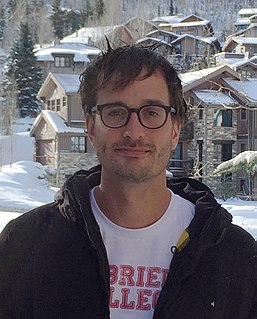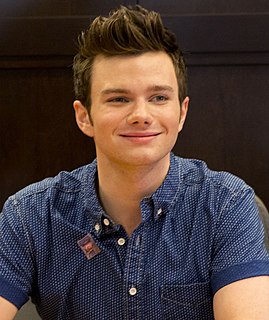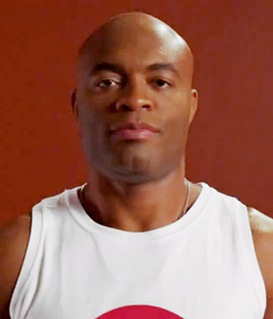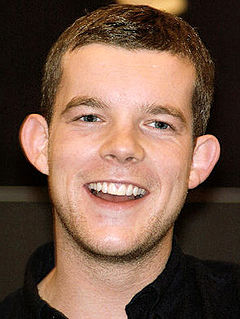A Quote by Mj Rodriguez
The ball scene was never really only gay people. I think people have this notion that if there's a man hanging around a gay man, he must be gay, but that's just stigma. Back in the day, it was the same; there were lots of different people there: gay, straight, whatever. They did not care what they were called because they knew who they were.
Related Quotes
I think I was probably looking for gay role models when I was younger, before I even knew or thought I was gay. I didn't really make the connection that they were gay, but I felt drawn to them because they were going against the grain, and I knew there was something that they had that everybody else didn't have. It was an edge.
One time I was doing an interview for a gay magazine and halfway through the journalist found out I wasn't gay. He said, 'Sorry, I can't continue the interview.' Because they only had gay public figures in their magazine. I felt so crestfallen. I wanted to tell him: but I play fundraisers for gay marriage! I'd rather my kids were gay than straight!'
Because gay people were so much more visible, violence against gays was more common and reported on. But they were definitely related to each other. In the wake of AIDS, gay people felt like they had to organize, become much more active and visible. AIDS fostered a gay rights movement that made gay people more powerful and more vulnerable at the same time.
It's unfortunate we live in a society where "gay" is an insult. To some of these boys, who are from really red states and have families with military history, to be called gay is the worst thing imaginable, and that's used against them. It's really interesting that these are the people drawn into the tickling world. If the people drawn into competitive endurance tickling, even if they were straight, came from liberal, accepting backgrounds, the backlash of calling them gay wouldn't be a problem. But it's a problem because of where these people are from. That's really fascinating to me.
To be regularly gay was to do every day the gay thing that they did every day. To be regularly gay was to end every day at the same time after they had been regularly gay. They were regularly gay. They were gay every day. They ended every day in the same way, at the same time, and they had been every day regularly gay.
Those people are seen, I assume, by Larry [Kramer] as writing partly about gay issues and problems, whether it's on the surface or not, and I am not. But another thing is when we met, there still wasn't exactly a gay/straight divide in the minds of a lot of straight people. There weren't any gay people, as far as we knew, at Yale.
I've known gay people - men and women - since I was a young person. To me it's just naturalistic and realistic to portray gay characters in a humanistic light. As a young man, I knew enough gay people as people not to fear them. On the other side of the coin, I like to irritate conservatives and homophobes.





